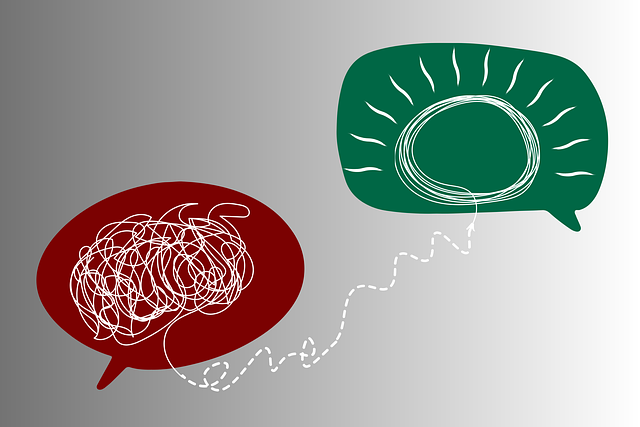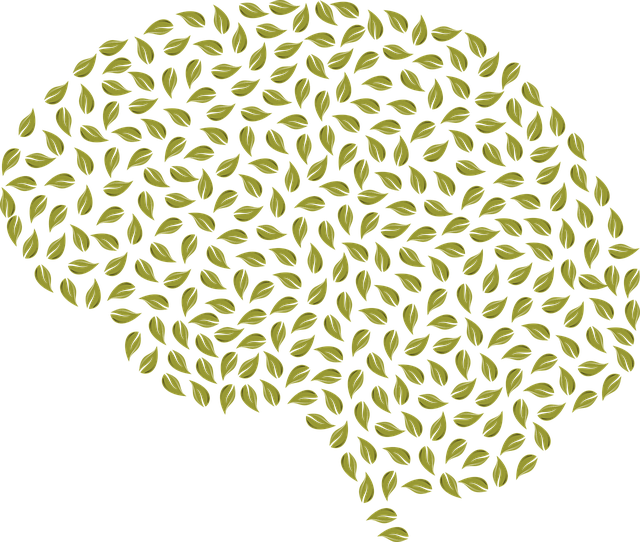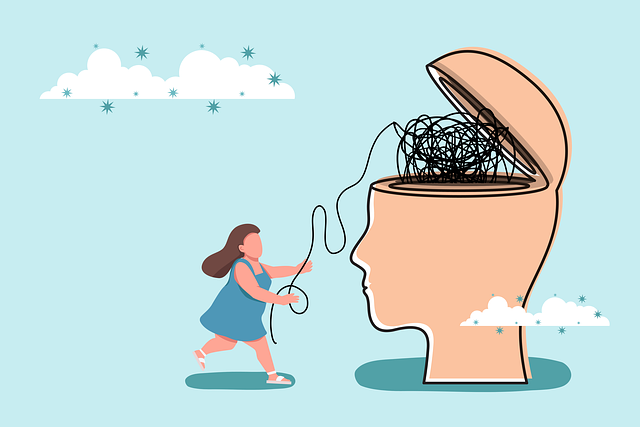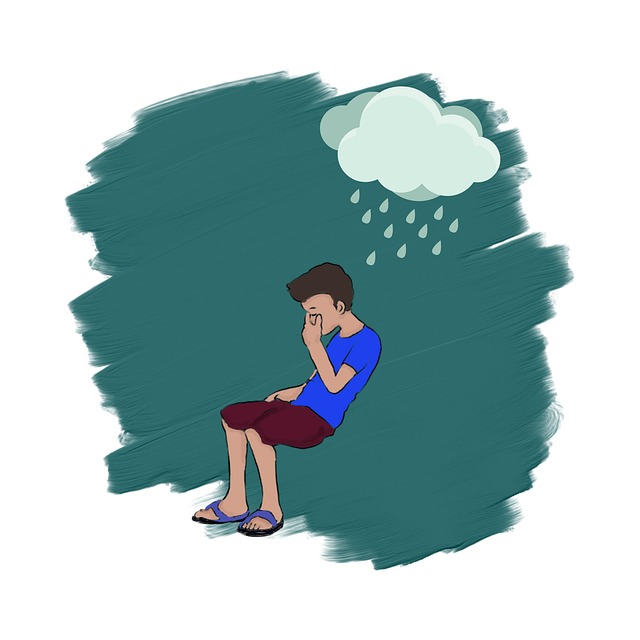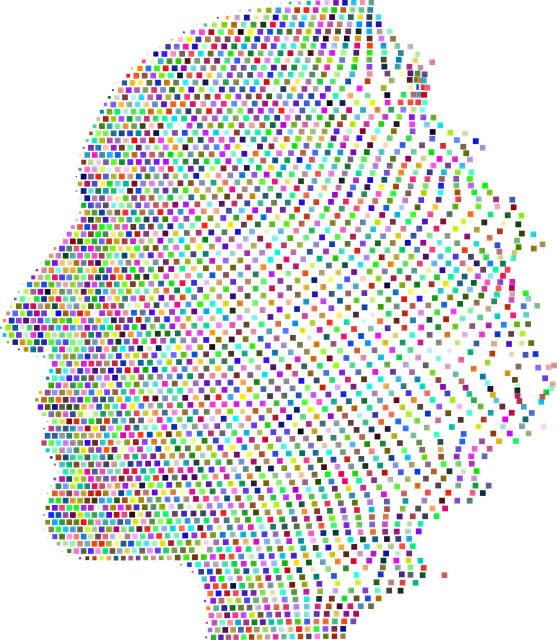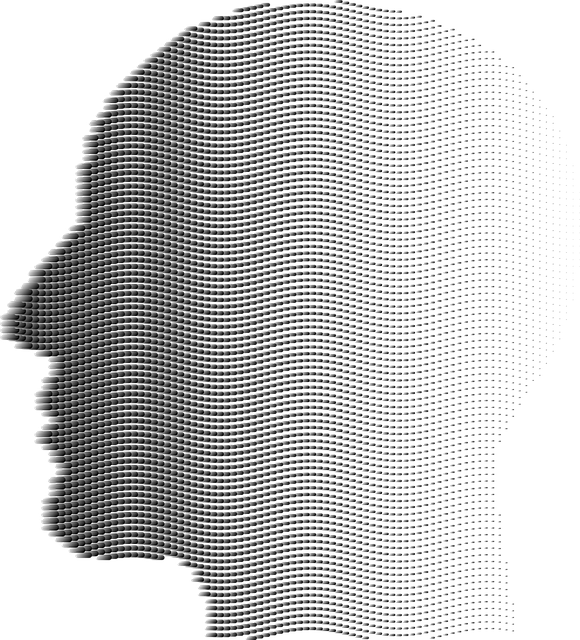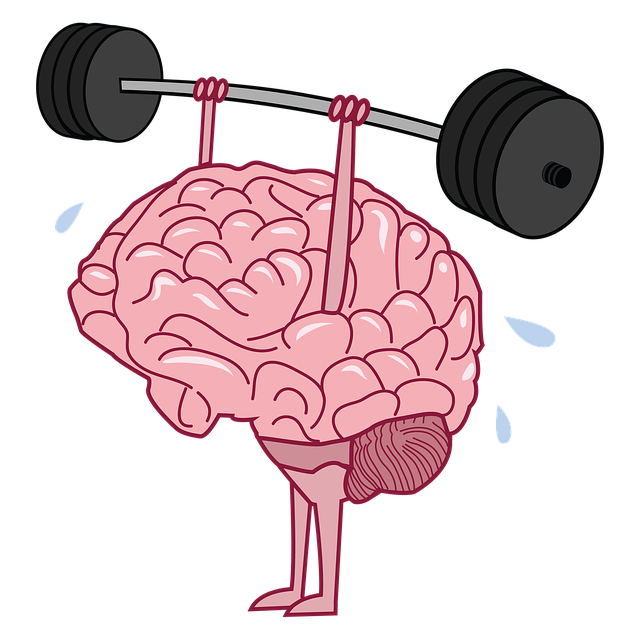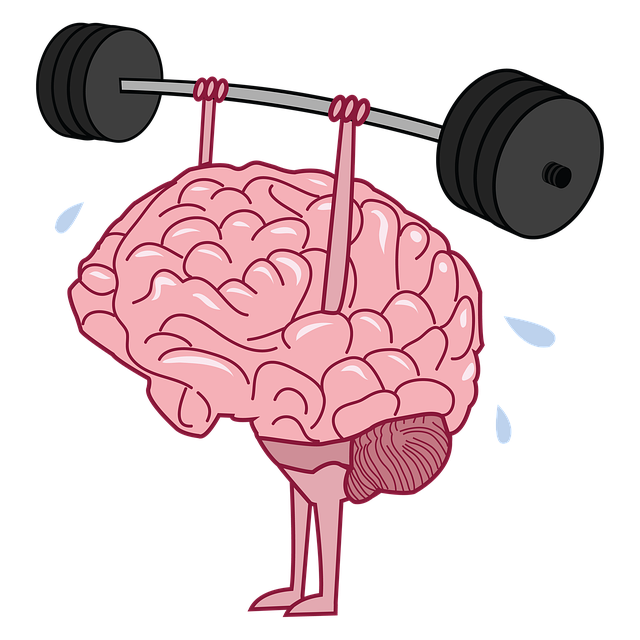Diagnosing mental illness in seniors is challenging due to aging-related factors. Colorado Springs Geriatrics Therapy addresses these complexities through enhanced assessment tools, specialized training, and evidence-based practices. They leverage technology for remote assessments, offer holistic approaches like workshops, and prioritize continuous education. Their focus on cognitive strategies, communication, cultural sensitivity, and personalized treatment contributes to improved diagnostic accuracy and patient satisfaction, making them a leading provider in Colorado Springs.
Mental illness diagnosis in the geriatric population faces unique challenges. This article explores strategies aimed at enhancing accuracy, focusing on innovative tools, comprehensive approaches like Colorado Springs Geriatrics Therapy, and continuous education for healthcare professionals. We delve into the integration of patient history, physical examinations, and mental health assessments to ensure precise diagnoses. By combining these efforts, we strive to improve care quality for older adults suffering from mental health conditions.
- Understanding the Challenges of Mental Illness Diagnosis in Geriatric Population
- Colorado Springs Geriatrics Therapy: A Comprehensive Approach
- Innovative Tools and Techniques for Enhancing Diagnostic Accuracy
- Integrating Patient History, Physical Examinations, and Mental Health Assessments
- Continuous Education and Training: Empowering Healthcare Professionals
Understanding the Challenges of Mental Illness Diagnosis in Geriatric Population

Diagnosing mental illness in the geriatric population presents unique challenges due to the complexity and often overlapping symptoms associated with aging and co-occurring conditions. Many older adults may experience depression, anxiety, or cognitive decline, which can be difficult to distinguish from normal age-related changes. The process is further complicated by potential medication interactions and comorbidities, making accurate diagnosis a complex task for healthcare providers in Colorado Springs Geriatrics Therapy.
Efforts to improve diagnosis accuracy focus on enhancing assessment tools and integrating specialized training for clinicians. The Mental Wellness Podcast Series Production has played a role in educating the public and professionals about early recognition signs of mental health issues in seniors. Additionally, initiatives like Depression Prevention and Crisis Intervention Guidance provide valuable resources, ensuring that healthcare workers are equipped with the latest evidence-based practices to navigate these complexities and deliver more precise diagnoses.
Colorado Springs Geriatrics Therapy: A Comprehensive Approach

Colorado Springs Geriatrics Therapy takes a comprehensive approach to mental health care, focusing on the unique needs of older adults. This holistic model integrates Mind Over Matter principles, emphasizing the power of cognitive and behavioral strategies to manage symptoms and improve overall well-being. By fostering empathy between therapists and clients, the practice cultivates a safe space for open communication, encouraging individuals to explore and express their emotions freely.
Incorporating Cultural Sensitivity in Mental Healthcare Practice is a cornerstone of their approach. Understanding the diverse backgrounds and values of their clientele allows therapists to tailor interventions, ensuring culturally competent care. This personalized touch enhances therapeutic outcomes, respects individual identities, and builds trust between patients and providers, ultimately contributing to improved diagnosis accuracy and patient satisfaction.
Innovative Tools and Techniques for Enhancing Diagnostic Accuracy

In recent years, the field of mental health diagnosis has seen a surge in innovative tools and techniques aimed at enhancing accuracy. One notable example is the integration of advanced technology into therapy practices, such as Colorado Springs Geriatrics Therapy, which leverages digital platforms for remote assessment and monitoring. These technologies include artificial intelligence (AI) algorithms capable of analyzing patient data from various sources, including online behavior patterns and wearable health devices, to provide more precise diagnoses. Additionally, Mental Wellness Podcast Series Production has played a crucial role in disseminating knowledge about mental health issues, fostering open discussions that promote early detection and better understanding among both professionals and the general public.
Beyond technological advancements, initiatives like Stress Management Workshops Organization and Mental Health Policy Analysis and Advocacy have contributed significantly to improving diagnostic accuracy. These workshops equip individuals with effective stress management strategies, which can help alleviate symptoms of various mental health conditions. Meanwhile, advocacy efforts have led to policy changes that promote better access to quality mental healthcare services. Such holistic approaches ensure that patients receive comprehensive care, leading to more accurate diagnoses and improved outcomes.
Integrating Patient History, Physical Examinations, and Mental Health Assessments

Integrating patient history with comprehensive physical examinations and mental health assessments is a cornerstone in enhancing the accuracy of mental illness diagnoses. Colorado Springs Geriatrics Therapy emphasizes this holistic approach, recognizing that understanding an individual’s medical history, current symptoms, and emotional well-being is crucial for an accurate diagnosis. By combining these elements, healthcare providers gain valuable insights into complex presentations of mental health conditions.
This integrated model goes beyond surface-level symptoms to uncover underlying factors contributing to distress. For instance, a physical examination might reveal physiological markers associated with depression or anxiety, while a detailed mental health assessment could expose early life traumas influencing current emotional responses. Such a multifaceted approach not only improves diagnostic accuracy but also paves the way for more personalized and effective treatment plans, ultimately fostering mental illness stigma reduction efforts and promoting overall emotional well-being through evidence-based practices like Stress Management Workshops Organization.
Continuous Education and Training: Empowering Healthcare Professionals

In the pursuit of enhancing mental illness diagnosis accuracy, continuous education and training play a pivotal role in empowering healthcare professionals. At Colorado Springs Geriatrics Therapy, we understand that keeping abreast of the latest research, treatment modalities, and best practices is essential for providing effective care to our diverse clientele. Regular workshops, webinars, and peer-reviewed publications serve as valuable resources, enabling therapists to stay updated on emerging trends in mental health, such as emotional healing processes and coping skills development. This ongoing learning fosters a more nuanced understanding of various mental wellness conditions, leading to improved diagnosis and tailored treatment plans.
By engaging in ongoing professional development, healthcare providers can enhance their ability to recognize subtle symptoms and incorporate evidence-based practices into their work. Mental Wellness Journaling Exercise Guidance, for instance, has been shown to deepen insights into patient experiences and behaviors, thereby enriching the diagnostic process. Through such initiatives, Colorado Springs Geriatrics Therapy strives to be at the forefront of mental health care, ensuring that our patients receive the most accurate and compassionate treatment available.
Mental illness diagnosis in the geriatric population has seen significant advancements with efforts like Colorado Springs Geriatrics Therapy, which emphasizes a comprehensive approach. By integrating patient history, physical examinations, and mental health assessments, along with adopting innovative tools and continuous education, healthcare professionals can enhance diagnostic accuracy. These strategies not only improve care quality but also ensure that seniors receive the most appropriate treatments for their unique needs.

